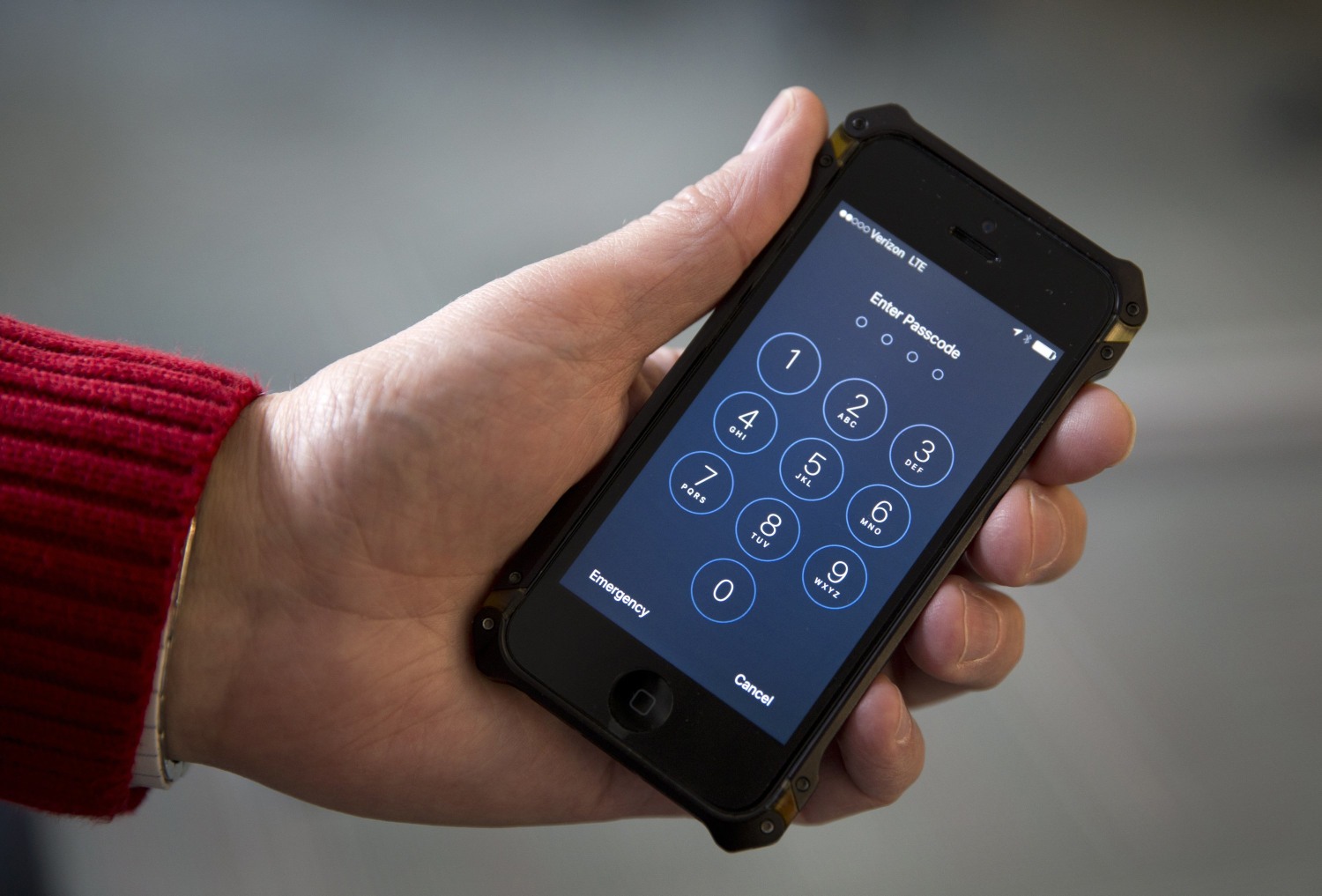In a groundbreaking ruling, a federal district judge declared that authorities must obtain a warrant before searching an American citizen’s cell phone at the US border, except in difficult circumstances. This decision marks the first of its kind in the United States, much to the satisfaction of the Electronic Frontier Foundation (EFF) and other advocacy groups who have long been advocating for stricter limitations on border searches. Presently, US Customs and Border Protection (CBP) has the authority to search individuals within 100 miles of the US national border, encompassing many people.
Expressing their elation, Sophia Cope, senior staff attorney at the EFF, remarked, “This decision is a major victory for us, as we have tirelessly pushed for warrant requirements in both the courts and Congress for nearly ten years.” The EFF and its allies have consistently championed the cause of protecting individuals’ privacy rights in the face of invasive border searches of electronic devices.
Sophia Cope expressed optimism that the US Second Circuit would adopt the same interpretation as the lower New York court in the case of United States vs. Smith (1:22-cr-00352-JSR) if it goes to appeal. The case revolves around the protection provided by the Fourth Amendment of the US Constitution, which safeguards individuals in the country from unreasonable searches and seizures conducted by authorities without probable cause. However, there is an additional factor to consider.
The US Customs and Border Protection (CBP) enjoys significant discretion when scrutinizing individuals and items crossing the US border. The agency argues that it can conduct searches without a warrant at the border, encompassing land border crossing points, seaports, and airports. US courts have generally supported this border search exception, albeit with certain limitations that require reasonable suspicion for more invasive searches.
Two-thirds of Americans Residing Near Borders at Risk of Warrantless Phone Searches
Since 1953, the US Department of Justice has defined the border as any location within 100 miles of the physical national limits. This expansive reach has raised concerns regarding the scope of warrantless searches within this wide range. The challenge lies in the definition of the border effectively covering a large portion of the American population.
As per the American Civil Liberties Union (ACLU), approximately two-thirds of the US population resides within 100 miles of a border, making them potential targets for warrantless phone seizures and searches by CBP agents. This means that around 200 million individuals living in the border zone could compromise their privacy without a warrant.

The issue was highlighted in the United States vs. Smith case, which unfolded last year. Jatiek Smith, a US citizen, was detained by CBP agents upon his arrival at Newark Airport in New Jersey from Jamaica. Under the threat of indefinite detention, Smith was coerced into surrendering his cell phone and providing the password. Judge Jed Rakoff of the Southern District of New York ruled that this coercion did not violate Smith’s Fifth Amendment right against self-incrimination.
Subsequently, the agents manually reviewed the phone’s contents and obtained an image without a warrant. Weeks later, the government sought and obtained a search warrant. Smith sought to suppress the evidence from the search, arguing that his rights were violated.
Judge Rakoff found Smith’s Fourth Amendment argument compelling, citing the US Supreme Court’s decision in Riley v. California (2014). In that landmark case, the Supreme Court held that law enforcement must obtain a warrant before searching the cell phone of an arrested individual. The Fourth Amendment protects against unreasonable searches and seizures, which Judge Rakoff deemed applicable to Smith’s case.
Balancing Fourth Amendment Principles: Border Phone Searches vs. Traditional Physical Searches
Judge Rakoff wrote in his opinion and order, “Copying and searching a traveler’s phone during a border crossing bears little resemblance to traditional physical border searches historically permitted without probable cause under the Fourth Amendment’s ‘border search exception.”
The United States vs. Smith ruling did not explicitly address whether the exact warrant requirement would apply to non-residents or non-citizens. The court added a footnote stating that it did not need to delve into that aspect of the case.
However, the ruling did not entirely absolve Smith of his charges. Judge Rakoff acknowledged that the CBP agents had acted in good faith, believing they had the authority to search. They subsequently obtained a warrant, leading the judge to decline to suppress the evidence obtained from Smith’s phone on those grounds.
It is important to note that Smith is accused of running a violent gangland extortion ring, which explains the federal authorities’ interest in both him and the contents of his electronic devices. Prosecutors allege that Smith and his associates took control of a Brooklyn-based company involved in fire-damage cleanup, using it as a platform for extortion and exerting control over the industry through violence and threats.
Smith has a criminal history as a convicted sex offender and drug dealer, with a record of multiple incarcerations.
While Smith’s case may involve serious criminal activities, it is reassuring to witness the judiciary becoming more receptive to arguments distinguishing between searching phones and searching physical luggage at the border.





